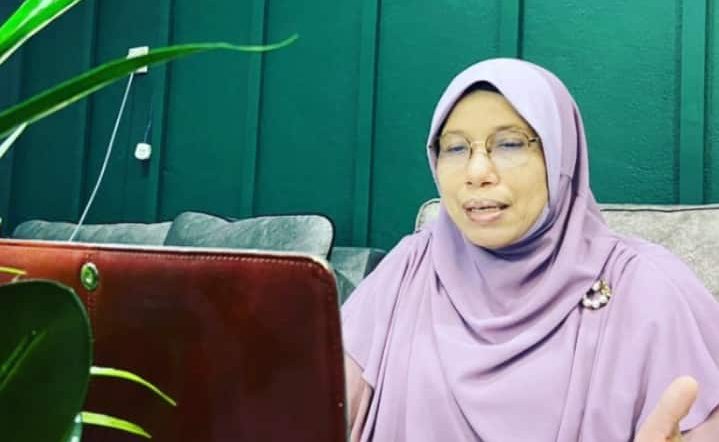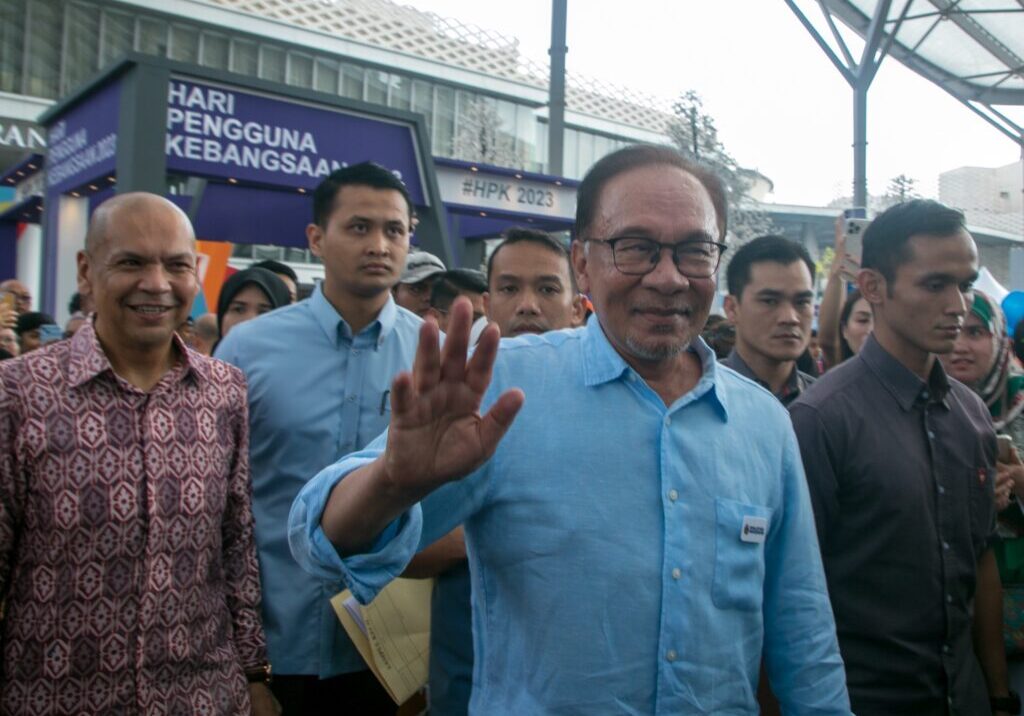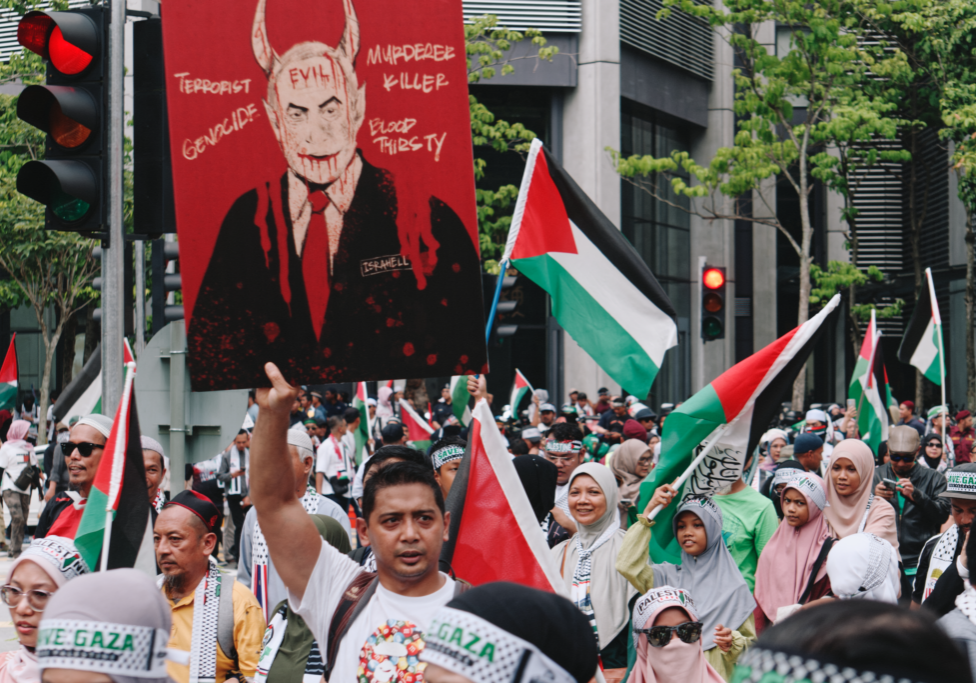Australia/Israel Review
Asia Watch: Growing Apart
Mar 2, 2022 | Michael Shannon

Malaysia’s United Malay National Organisation (UMNO)-dominated Government, led by the grey, uncharismatic Ismail Sabri Yaakob, looks and sounds much like its UMNO-dominated predecessors. One could almost forget that the party that ruled Malaysia almost continuously since its inception recently had a period in opposition.
Although the notionally reformist Pakatan Harapan government that preceded it spectacularly self-detonated, UMNO’s return to power was helped by an alliance with the conservative Islamist Parti Islam seMalaysia (PAS).
A party whose primary goal has been the extension of shariah law, PAS was given a foreign policy role in the new Government through the appointment of its leader Abdul Hadi Awang as envoy to the Middle East. It appears Abdul Hadi has gone astray somewhat through an apparent promise of aid to the Taliban Government in Afghanistan.
Abdul Hadi met with the Taliban’s permanent representative to the United Nations, Mohammed Suhail Shaheen, in Doha on Feb. 3. On the same day, the latter posted a message on Twitter about their discussions. “He promised [that] Malaysia will do what it can to assist the Afghan people in this critical time,” Shaheen said.
Malaysia has not yet officially recognised the Taliban Government, preferring to move in concert with international partners in the Organisation of Islamic Cooperation (OIC).
Abdul Hadi insisted that any discussion about aid was in the context of Malaysia’s donation to the UN for humanitarian efforts in Afghanistan, although it is noteworthy that his son, Muhammad Khalil, who is chairman of PAS’s international affairs and external relations committee, tweeted his congratulations to the Taliban when the US and its coalition partners withdrew the last of their troops from Afghanistan.
Meanwhile back home, a PAS minister has drawn flak for appearing to endorse domestic violence in one of two short videos she posted to social media. Siti Zailah Mohd Yusoff, the Deputy Minister for Women, Family and Community Development, said in a two-minute Instagram video called “Mother’s Tips” that husbands are allowed to use a “gentle but firm physical touch” that is “educational” on “stubborn” wives.
“If she does not listen even after being advised and sleeping in different rooms, here we [husbands] can use ‘soft but firm’ physical touch that is educational, full of love and does not cause pain,” Siti Zailah said in a video posted on Feb. 12. She also recommended that women make sure their husbands had eaten, prayed and were in a good mood before approaching a difficult subject to ensure harmony at home.
Such comments from PAS officials surprise no-one within Malaysia. It has long been the leading edge of the trend of Islamisation that has grown steadily for decades. In the 1990s, when PAS was UMNO’s chief electoral rival, then PM Mahathir Mohamad and his then deputy Anwar Ibrahim Islamised the public sector, the military and higher education by reserving the most powerful positions for Malays, entrenching a gulf of resentment between Muslims and non-Muslims.
When Mahathir and Anwar later teamed up together under the banner of reform to defeat UMNO in the 2018 election, PAS was lured into an alliance with its former rival in 2019 in a pact called Muafakat Nasional (“National Concord”). While in opposition, the binding thread between the parties appeared to be a firm commitment to the “Malay agenda” and further Islamisation.
However, in government the alliance is revealed to be less about ideology than electoral convenience. Resurgent in recent state-level polls, UMNO now has little need for PAS and appears likely to go it alone at the next general election. PAS, meanwhile, has announced a partnership with Bersatu (Parti Pribumi Bersatu Malaysia) – the Malay-oriented party formed by Mahathir and now headed by former PM Muhyiddin Yassin – for the upcoming elections in the key state of Johor.
Likewise, the opposition multi-ethnic Pakatan Harapan coalition headed by Anwar appears to be in its death throes. Paralysed by internal differences on issues of leadership and strategy as well as mutual suspicion and personal acrimony, the latest blow-up has Parti Keadilan Rakyat (PKR), the moderate urban Malay-majority party headed by Anwar, dropping the Pakatan Harapan logo in favour of its own branding for the coming Johor poll.
Anwar is said to have a deep distrust of the ethnic Chinese-dominated Democratic Action Party (DAP) over a perceived lack of support for his leadership, and now believes his party’s link with the DAP is responsible for PKR’s disastrous results in recent state elections.
The feeling is mutual from the DAP, which has come to view Anwar as overly self-interested and having lost his ability to inspire voters and build a broad-based coalition.
It seems that within both the DAP and PKR, the only shared belief is a profound gloom about not just Johor but whether they can even mount any challenge to UMNO at the next general election.






